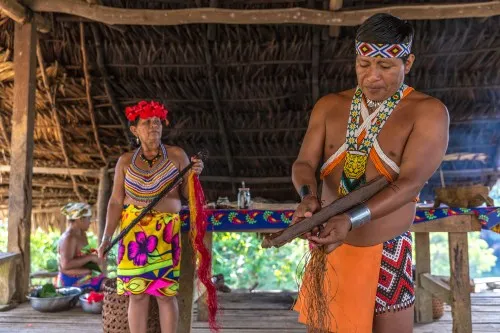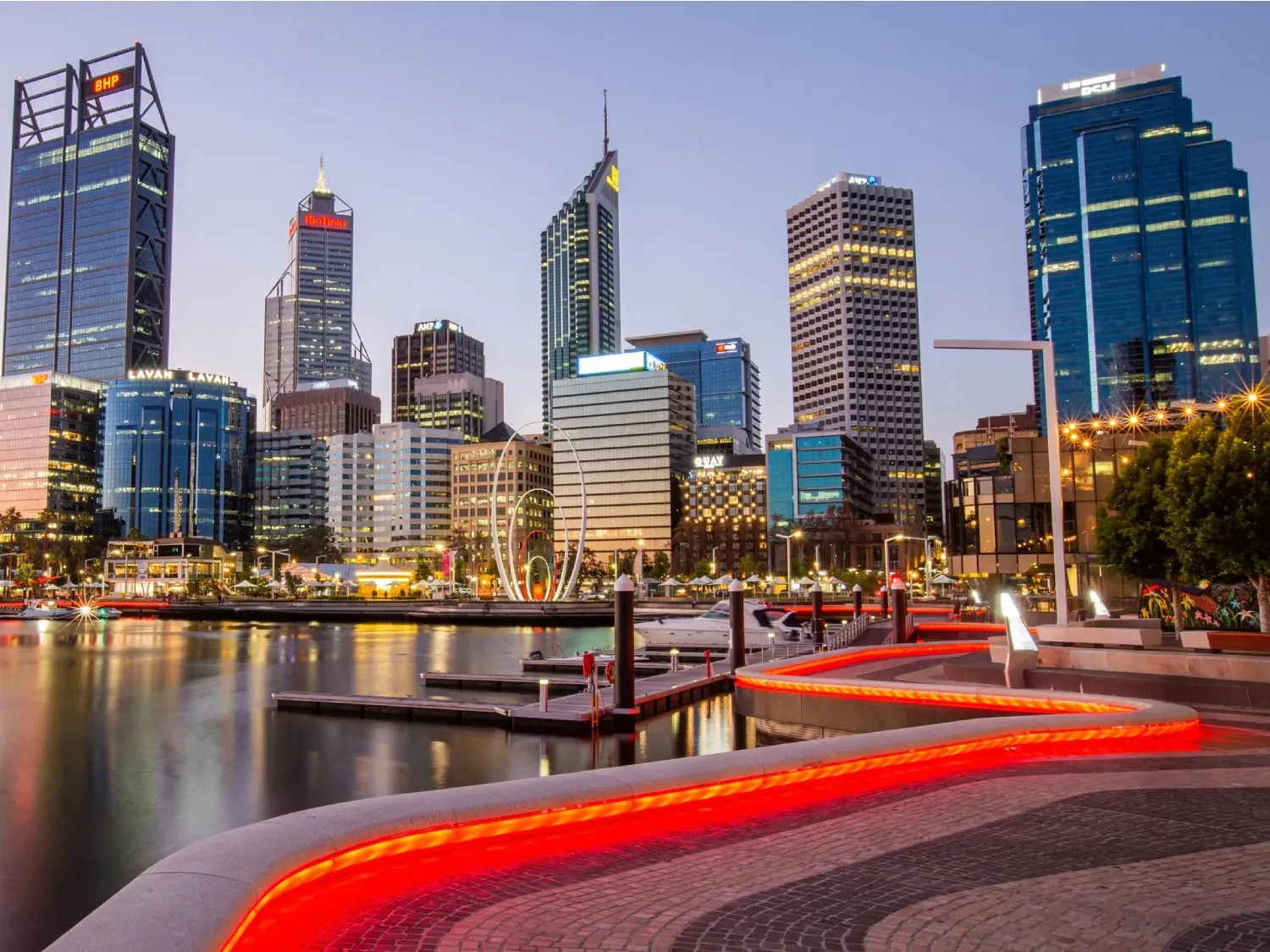Date: 30 July 2019
To mark World Day Against Trafficking in Persons, the World Travel & Tourism Council (WTTC) today calls on governments across the globe to adopt more stringent measures in the fight against human trafficking, and specifically to support Travel & Tourism initiatives that aim to curb this illicit activity.
Human trafficking generates an estimated $150 billion in illegal profits annually. In comparative terms, that’s the equivalent of the entire tourism economy of Brazil ($152.5bn).
Trafficking relies on the travel industry to operate – not only across borders, but also within – using legitimate operations to illegally move people around and ultimately to exploit vulnerable people and children. In a bid to decimate both the activity and its profits, WTTC has formed a Human Trafficking Task Force, which was launched at the Global Summit 2019.
Realising that many WTTC Member companies and sector associations are already very active in this fight, the aim of the Task Force is to leverage our position to facilitate information exchange and to coordinate efforts across the private sector, while strengthening cooperation with the public sector and civil society.
Members of the Task Force include AIG Travel, Airbnb, American Express Global Business Travel, The Bicester Village Shopping Collection, Ctrip International, Carlson & CWT, Emirates, Expedia Group, Hilton, Ingle International Inc., JTB Corp, Las Vegas Convention and Visitor Authority, Marriott International, Sabre Corporation, Silversea, Thomas Cook Group, TUI Group and Uber.
The Task Force will help to eradicate Human Trafficking through activities focused on:
1. Prevention – to increase industry and consumer awareness of human trafficking. It is proven that the more we know, the more we can do to prevent this crime.
2. Protection – to train employees and travellers on how to identify and report suspected cases.
3. Action – to encourage governments to enact and enforce legislation which recognises human trafficking as a crime throughout the entire chain, and develop resources and support needed, such as national hotlines.
4. Support – to provide assistance, employability training and employment opportunities to survivors.
Gloria Guevara, President & CEO, WTTC marked the important day by saying, “I am given a lot of hope by the work that the private sector is doing to eradicate the trafficking of people. And our Task Force will add to this, ensuring that there is clear understanding across our industry on what trafficking looks like and how to report it. Now, we need government support and leadership to take us beyond awareness-raising.
“We have an opportunity to halt human trafficking and protect millions of the globe’s most vulnerable and exploited. Let’s not waste it.”
WTTC Events
Webinar: Regenerating Destinations Through Nature Positive Tourism
Sign up for our next webinar.




